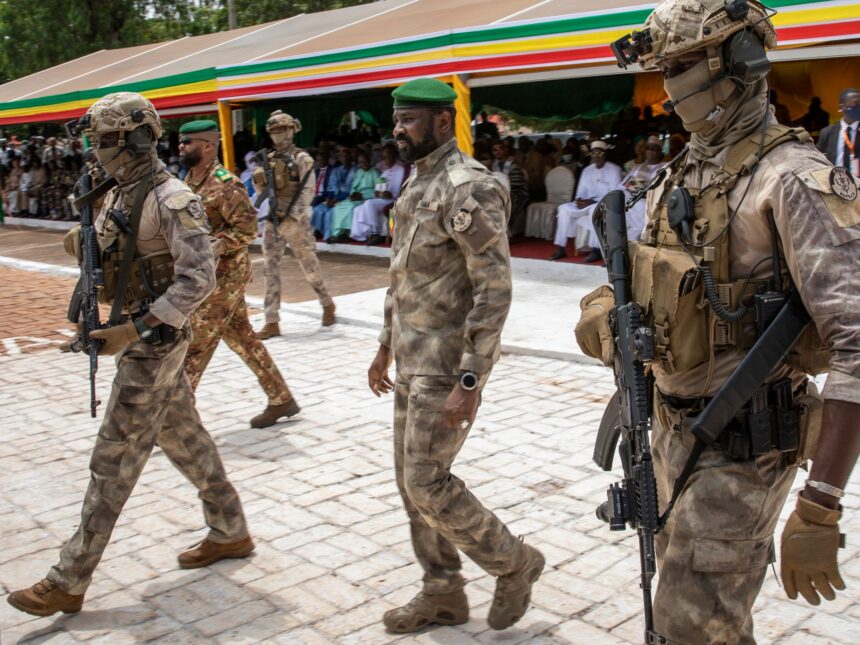rewrite this content and keep HTML tags
Mali’s army, which has been fighting with the separatist groups in the north of the country, confirms the attack.
At least 21 people, including 11 children, have been killed in drone attacks in the town of Tinzaouaten in northern Mali.
A spokesperson for the coalition of Tuareg-majority groups fighting for independence in northern Mali said on Monday that the drones hit a pharmacy and a group of people, leaving dozens wounded.
Mali’s army confirmed the drone attacks on national television, saying the “precision strikes targeted terrorists”.
Tinzaouaten has witnessed air attacks before and as recently as July when the Tuareg-led groups claimed to have killed a large number of Malian soldiers and Russian Wagner Group mercenaries.
The separatists said they killed at least 47 soldiers and 84 Wagner mercenaries in the July attacks, but the army did not confirm that death toll.
After the attack, Russian Foreign Minister Sergey Lavrov reiterated Moscow’s “firm support” for Mali and its army.
The army has claimed that the Wagner fighters are in the country only as “instructors” helping the army train.

Rida Lyammouri, a senior fellow at the Policy Center for the New South, a Moroccan think tank, told The Associated Press news agency that Malian forces and Russian mercenaries lack a “strong presence” on the ground in the region, making drones the only way to attack.
“Therefore air strikes, including against civilians, are expected to increase as an act of revenge following the recent major setback to Wagner mercenaries in northern Mali,” Lyammouri said.
Since a military coup in 2020, Mali’s army has been fighting for control of the country.
In addition to separatists, Mali has been dealing with al-Qaeda-backed armed groups for years after they hijacked a Tuareg rebellion in 2012.
After an eight-year pause in hostilities, fighting resumed between the army and rebels in August 2023.
Under Colonel Assimi Goita’s rule, the military government broke off from its allies and former colonial ruler France and turned to Russia, which led to the deployment of Wagner mercenaries.









